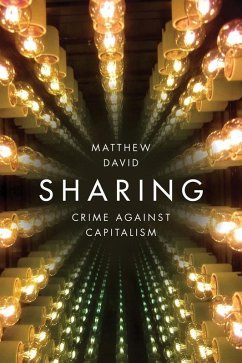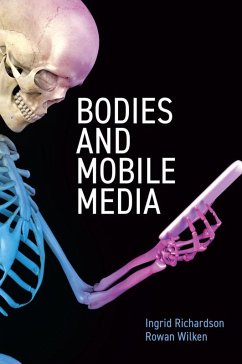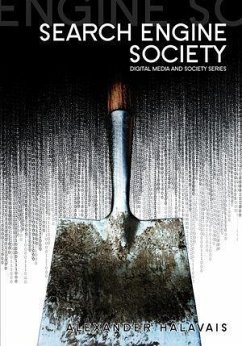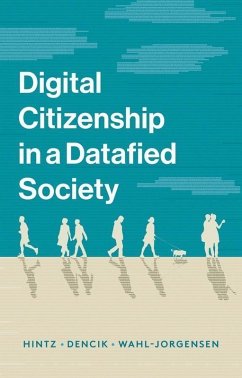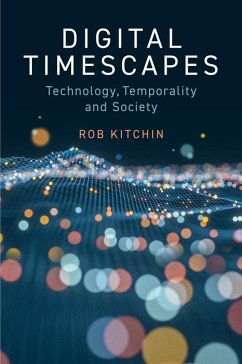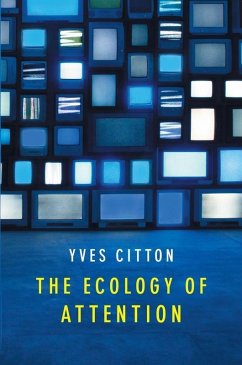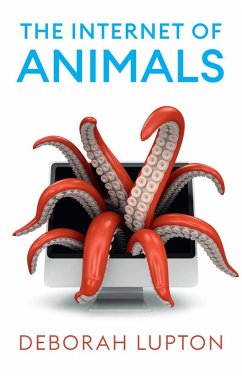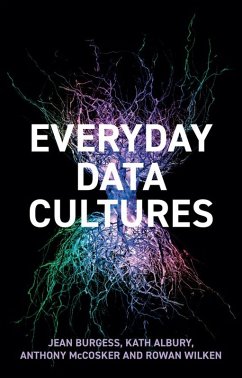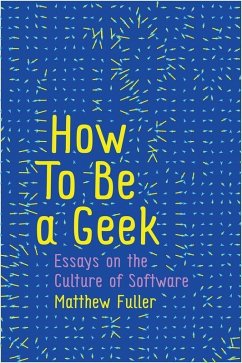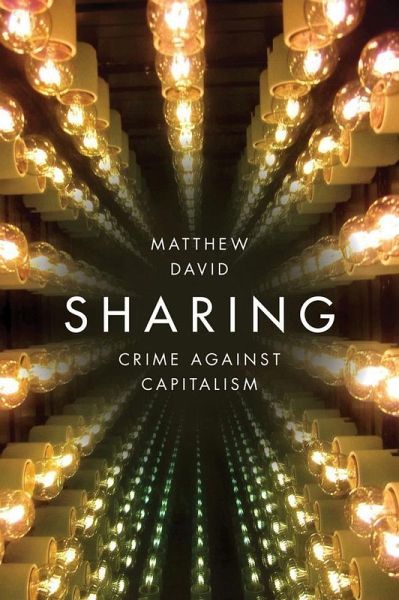
Sharing (eBook, PDF)
Crime Against Capitalism
Versandkostenfrei!
Sofort per Download lieferbar
17,99 €
inkl. MwSt.
Weitere Ausgaben:

PAYBACK Punkte
0 °P sammeln!
Today's economic system, premised on the sale of physical goods, does not fit the information age in which we live. The capitalist order requires the maintenance of an artificial scarcity in goods that have the potential for near infinite and almost free replication. The sharing of informational goods through distributed global networks - digital libraries, file-sharing, live-streaming, free software, free-access publishing, the free-sharing of scientific knowledge, and open-source pharmaceuticals - not only challenges the dominance of a scarcity-based economic system, but also enables a more ...
Today's economic system, premised on the sale of physical goods, does not fit the information age in which we live. The capitalist order requires the maintenance of an artificial scarcity in goods that have the potential for near infinite and almost free replication. The sharing of informational goods through distributed global networks - digital libraries, file-sharing, live-streaming, free software, free-access publishing, the free-sharing of scientific knowledge, and open-source pharmaceuticals - not only challenges the dominance of a scarcity-based economic system, but also enables a more efficient, innovative, just and free culture. In a series of seven explorations of contemporary sharing, Matthew David shows that in each case sharing surpasses markets, private ownership and intellectual property rights in fostering motivation, creativity, innovation, production, distribution and reward. In transforming the idea of an information economy into an information society, sharing connects struggles against inequality and poverty in developed and developing countries. Challenging taken-for-granted justifications of the status quo, Sharing debunks the 'tragedy of the commons' and makes the case for digital network sharing as a viable mode of economic counterpower, prefiguring a post-capitalist society.
Dieser Download kann aus rechtlichen Gründen nur mit Rechnungsadresse in A, B, BG, CY, CZ, D, DK, EW, E, FIN, F, GR, HR, H, IRL, I, LT, L, LR, M, NL, PL, P, R, S, SLO, SK ausgeliefert werden.




